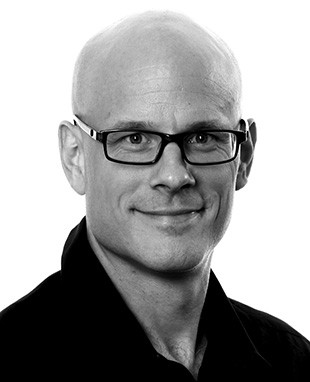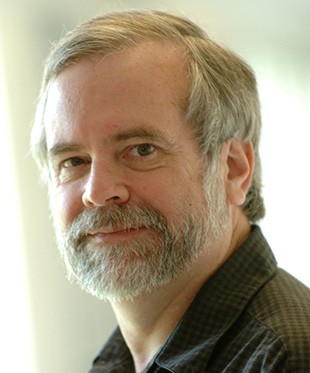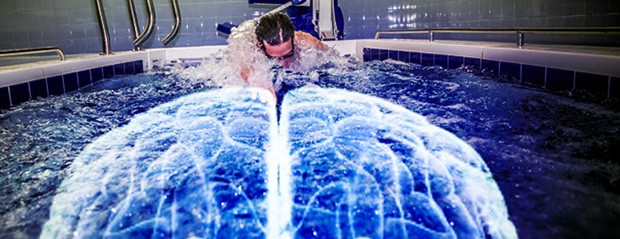The best and the brightest converge at PERFORM
It’s long been said that a healthy body is the crucial link to a healthy mind.
Some of the top researchers in the field of physical activity and brain function — those proving the brain-mind link — will be coming to Concordia for the first PERFORM Centre Research Conference, to be held May 9 at the Oscar Peterson Concert Hall on the Loyola Campus.
“This conference will be a unique occasion to hear the most internationally renowned speakers in the field of neurosciences of exercises. I feel so privileged that they all accepted to come. This shows the unprecedented potential of PERFORM to gain recognition as an important hub for cutting-edge ideas in scientific research in preventive health,” says Louis Bherer, PERFORM Centre scientific director and Chair in Preventive Health Science Research.
The conference, which is planned to be held annually, will feature a series of lectures from eight internationally renowned experts on physical activity and brain function. Among the speakers are Stefan Schneider and Arthur F. Kramer (see the full list of speakers here).
Stefan Schneider is a professor at the Institute for Movement and Neurosciences, Center for Health and Integrative Physiology in Space, at the German Sport University in Cologne. He examines exercise neuroscience in extreme environments and the interconnection of brain activity, sports and health.
“Currently two major challenges are impacting human health in the western societies, one being a move towards a sedentary society, the second one being longevity. Both have a considerable impact on physical as well as mental health,” Schneider says.
“Space life science research helps to understand the underlying degenerative physiological and neuropsychological processes as living in space. Living in microgravity can be regarded as a time lapse of the sedentary and aging human being.”
 Stefan Schneider examines exercise neuroscience in extreme environment.
Stefan Schneider examines exercise neuroscience in extreme environment.
 Arthur F. Kramer will discuss the effects of physical activity on cognitive and brain health across the lifespan.
Arthur F. Kramer will discuss the effects of physical activity on cognitive and brain health across the lifespan.
Arthur F. Kramer, is the director of the Beckman Institute for Advanced Science and Technology and the Swanlund Chair and professor of psychology and neuroscience at the University of Illinois at Urbana-Champaign.
He is specialized in several areas including cognitive and brain plasticity, aging, cognitive neuroscience and human factors. “The research that I will discuss is focused on the effects of physical activity and fitness training on cognitive and brain health across the lifespan,” says Kramer.
Join the conference
Researchers and academics from various disciplines and institutions across Canada are invited to participate in this multidisciplinary event on May 9 at the Oscar Peterson Concert Hall (7141 Sherbrooke St. W.) on the Loyola Campus.
In order to make it as accessible as possible, admission to the conference is free of charge and shuttle buses will be available between Concordia’s Sir George Williams and Loyola campuses throughout the day.
Researchers from all universities will also have the opportunity to participate in the conference by presenting their own research on preventive health during a scientific poster presentation at the Loyola Chapel (7141 Sherbrooke St. W.). Students will be eligible to participate in the best poster presentation awards contest.
Awardees of the Ed Whitlock Award and the PERFORM doctoral and post-doctoral fellowships will be announced at this inaugural PERFORM Centre Research Conference. Two doctoral awards will also be presented that day, and three new post-doctoral fellows will be announced.
Don’t miss this unique opportunity to network with prominent researchers in preventive health.
Questions? Contact us at performcentre@concordia.ca.
Find out more information about the conference or poster session, or register.


